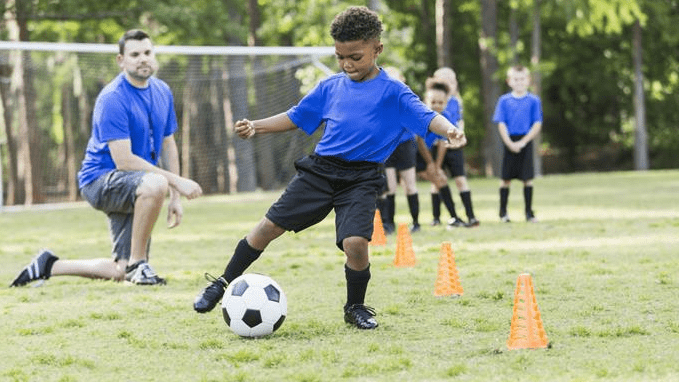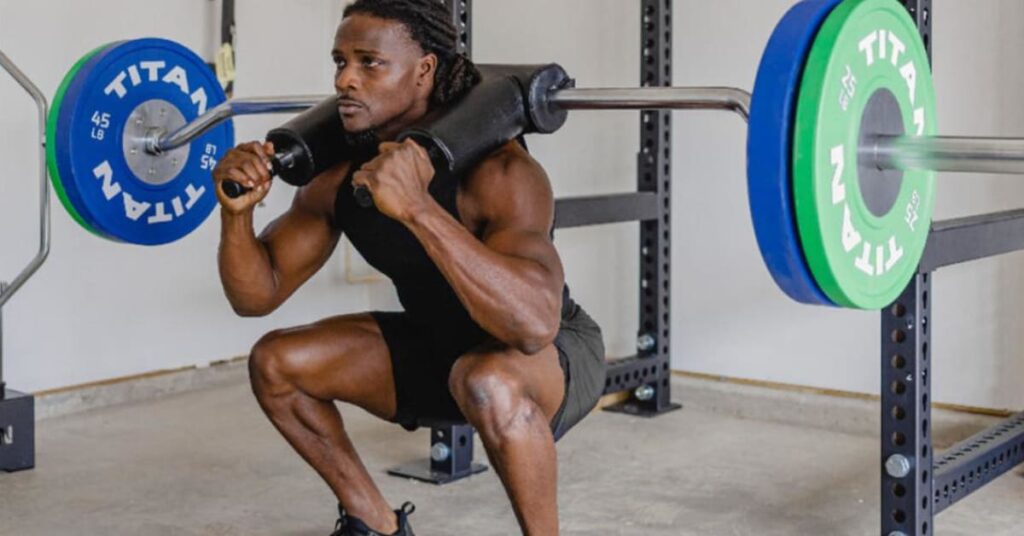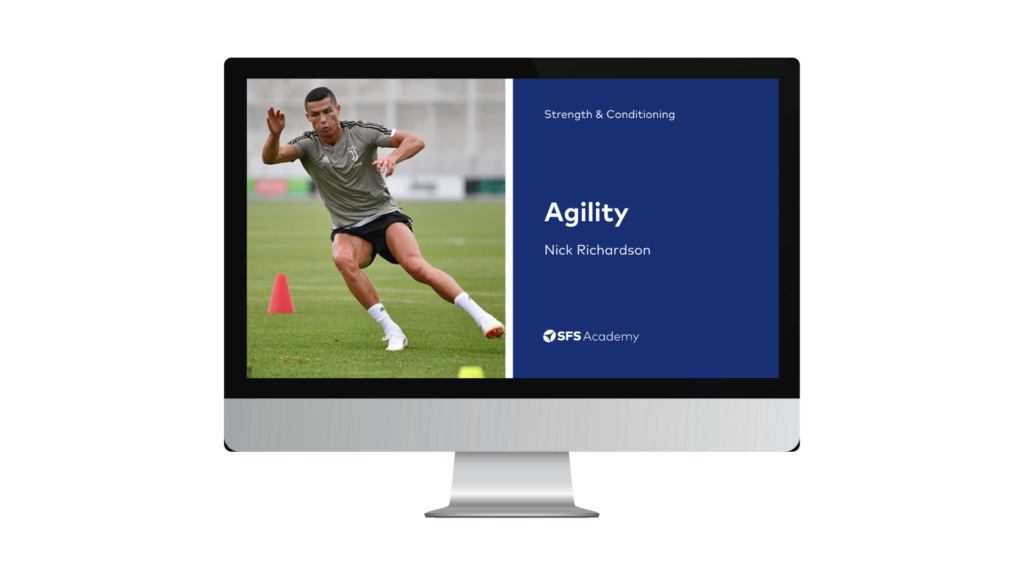This week in the world of sports science, here’s what happened…
- Early sport specialisation or diversification?
- Are safety squat bars more beneficial for back squats than traditional barbells?
- The importance of free play during childhood
Early sport specialisation or diversification?

I came across an insightful post from Tim Pelot on LinkedIn discussing the ongoing debate surrounding early sport specialisation versus diversification. In the post, Pelot shared a 19-page document that offers a comprehensive analysis of this contentious topic.
The document commences by defining early sport specialisation as the exclusive involvement of youths in a single sport year-round. It subsequently addresses the notion of “practice makes perfect” and dispels the myth of the “10,000-hour rule,” which asserts that achieving expertise in an activity requires extensive time commitment. The document also scrutinises the purported success of early sport specialisation by the Soviet Union in the 20th century, highlighting that only 14% of 35,000 highly qualified Russian athletes received training at sports academies designed to identify young talent. Moreover, it underscores the prevalence of performance-enhancing drugs among Soviet athletes, casting doubt on the legitimacy of their accomplishments.
The document further examines the adverse implications of early sport specialisation, revealing that youths specialising in a single sport face an elevated risk of growth-related ailments such as Osgood-Schlatter and Sever’s disease compared to their counterparts engaged in multiple sports. It also notes that youths specialising in sports like baseball, tennis, and volleyball are at a heightened risk of overuse injuries.
Additionally, the document discusses the higher dropout rates associated with early sport specialisation, citing studies on New Zealand tennis players and Canadian swimmers to illustrate this trend. It also emphasises that early sport specialisation can impede the development of social skills, as social opportunities are often overlooked in favour of rigorous training. Furthermore, it underscores the increased prevalence of eating disorders among early sports specialists.
The document concludes with pertinent guidance for youth sports coaches, advocating for the restriction of training hours to mitigate the adverse effects of prolonged single-sport practice. It recommends diversifying into a range of sports for optimal athletic and cognitive development in children. Additionally, the document underscores that children can attain diversification through recreational play and age-appropriate strength and conditioning. It underscores the significance of adopting a long-term approach to youth development and notes that accomplished international athletes often emerge from multi-sport backgrounds.
If you are interested in the debate between early sport specialisation and diversification, this post is a must-read for you!
Are safety squat bars more beneficial for back squats than traditional barbells?

Safety squat bars have become popular in recent years and they’re now a common sight in gyms. This month, the Journal of Strength and Conditioning Research published a fascinating study comparing safety squat bars to traditional barbell back squats.
Fifteen recreationally trained males performed the back squat with both a traditional bar and a safety squat bar. They lifted weights that were estimated to be 85% of their 1RM. The results showed that the traditional bar caused a greater hip flexion angle and hip extensor mechanical energy expenditure. Interestingly, the average weight lifted was 123kg with the traditional bar and 117kg with the safety bar.
So, what’s the takeaway? Well, according to the researchers, the traditional squat bar is better if you’re looking to develop your hip extensors and/or lift heavier loads. But if you’d like to maintain an upright posture during back squats, then the safety squat bar might be a better fit for you.
By the way, if any of you prefer using the safety squat bar over the traditional bar when doing back squats, we’d love to hear from you! Feel free to reach out and tell us why.
The importance of free play during childhood

Youth athletic development seemed to be a hot topic this past week! In addition to our first bulletin, Joel Cressman shared a similarly insightful thread on X, focusing on the impact of a lack of “play-based childhood.” Cressman highlighted the correlation between the surge in teen mental health issues during the 2010s and the emergence of smartphone and social media use. He argued that children today are experiencing a shift from a play-based childhood to a phone-based one.
Furthermore, Cressman discussed the evolving parenting style, suggesting that many parents inadvertently shield their children from stressors, leading to overprotection and a lack of opportunities for risk-taking and exploration. He emphasised the importance of free play for children’s learning and development, advocating for less interference from parents and coaches. Cressman proposed collaborative efforts between parents and coaches to foster more free play opportunities, emphasising its critical role in children’s cognitive and athletic development.
If you are a parent, physical education teacher, or youth athlete coach, Cressman’s insights provide valuable perspectives on the impact of play-based childhood on children’s well-being and athletic abilities. The post can be found here!
From us this week:
>> New course: Hydrotherapy
>> New podcast: Is Hybrid Training Easier Than You Think?
>> New infographic: Relative Age Effect
>> New article: Stop Looking! These Are The Best Infrared Saunas (2024)
Access to a growing library of sports science courses
SFS Academy is an all-access membership to premium sports science education.
With SFS Academy, you’ll learn from some of the best coaches around the world as they teach you how to apply the latest research and practice with your athletes.



